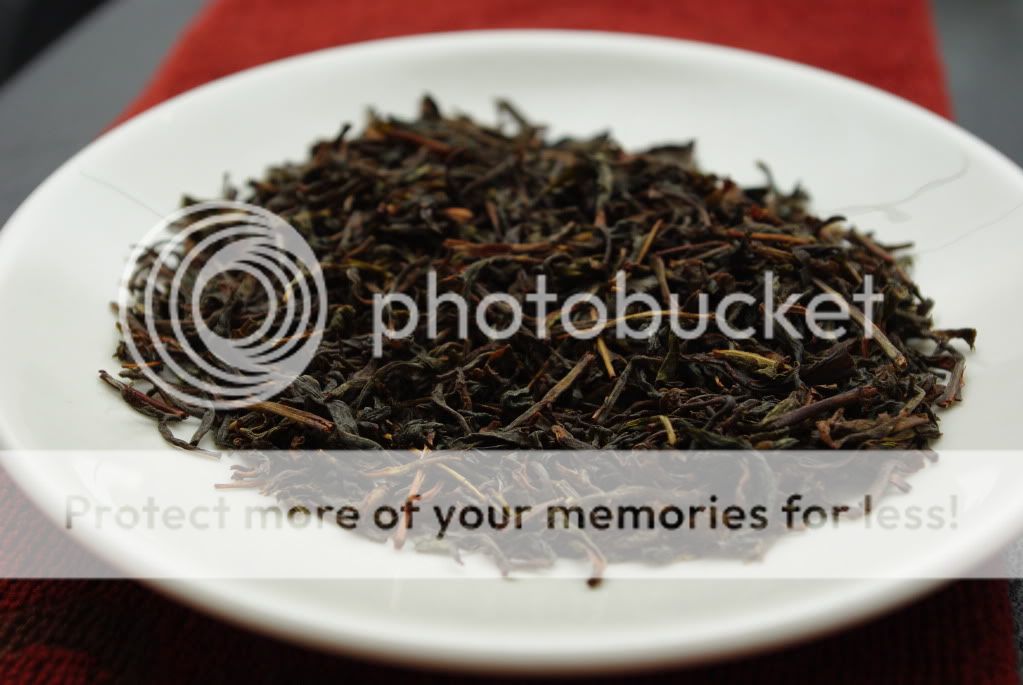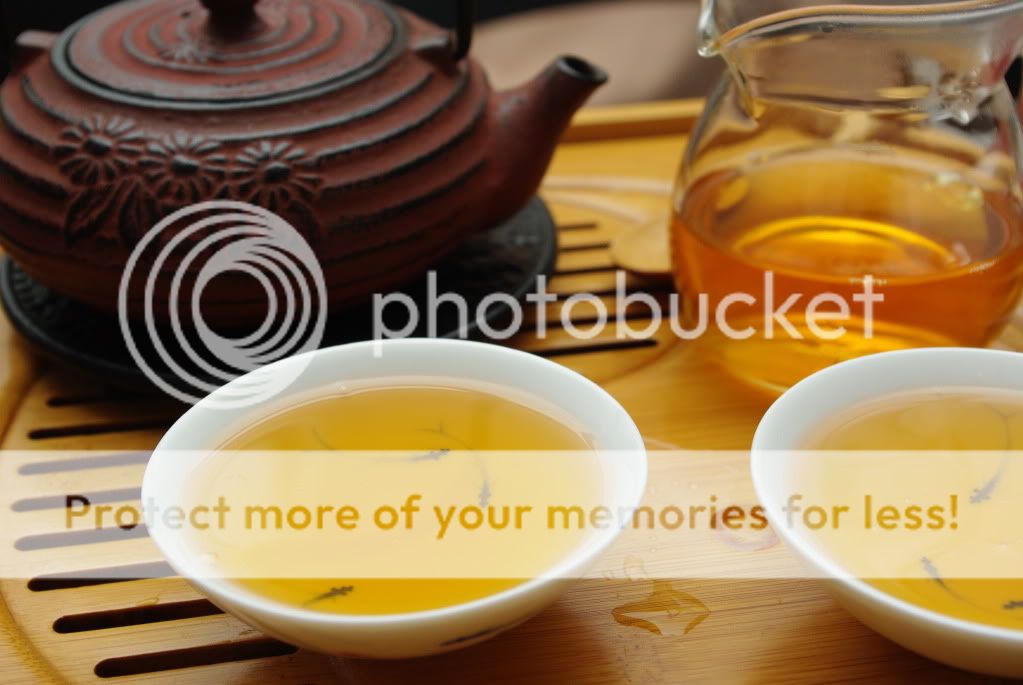Throughout my research of tea, I have come across several different pronunciations of the African herbal “tea” known as Rooibos. The question that I pose is which one is correct… or does it even matter?
First, I want to mention that Rooibos really isn’t tea  when the word “tea” is used to describe the goodness that comes from the Camellia Sinensis [third picture] or Camellia Assamica plans. Rooibos [first picture] or “red tea,” as it is sometimes referred to (mostly because they can’t figure out how to pronounce Rooibos), comes from the Calicotome Villosa plant [second picture] or “redbush.” Because of this, Rooibos does not have the same nutrients and health benefits as tea. Rooibos is classified as herbal “tea” because of its lack of caffeine and its own bag of tricks when it comes to health benefits.*
when the word “tea” is used to describe the goodness that comes from the Camellia Sinensis [third picture] or Camellia Assamica plans. Rooibos [first picture] or “red tea,” as it is sometimes referred to (mostly because they can’t figure out how to pronounce Rooibos), comes from the Calicotome Villosa plant [second picture] or “redbush.” Because of this, Rooibos does not have the same nutrients and health benefits as tea. Rooibos is classified as herbal “tea” because of its lack of caffeine and its own bag of tricks when it comes to health benefits.*
Second, I would like to point out that some definitions classify the word “tea” as anything that is steeped in water and drank. It is not necessarily hot water as there are cold brewing methods, as well. I am indifferent to this definition because when I think of the word “tea,” I think of what comes from the Camellia Sinensis or Camellia Assamica plant. Thus, when I hear or see the word “tea” being used to describe the steeping of other herbs and spices in water, my left eye starts to twitch.** This twitching is normally reserved for when I see the wrong uses of  words such as “your/you’re, their/they’re/there, etc.”
words such as “your/you’re, their/they’re/there, etc.”
Therefore, I try to stick with referring to this particular kind of substance as Rooibos and avoid using the “red tea” terminology.
With all of that said, it brings me to my original question: How does one pronounce Rooibos?
These are the pronunciations that I have heard thus far:
ROY-boss
Row-EE-bohs
Roux-EE-bohs
Roux-EE-boss
ROUX-bohs
ROUX-boss
The conclusion I have made is the first pronunciation (ROY-boss) seems to be the most popular way of saying Rooibos according to my Wiki and Google searches.
This is how I have always pronounced it. Although, I have caught myself saying ROY-bohs instead of boss. Oh well. I guess I would rather learn how to say a slightly difficult word than say “red tea,” confuse people with the difference between real tea and herbal “tea,” and start twitching again.
*I am not going to go into detail about the health benefits of Rooibos because I personally don’t care about them… I like to focus more on taste. If you would like to know the specifics then look them up. Google or Wiki is a good place to start.
**Ok, not really. I was just trying to get my point across.
Image References: Calicotome Villosa, Camellia Sinensis
Wednesday, March 16, 2011
How to Pronounce Rooibos
Monday, March 14, 2011
EIC’s Nuwara Eliya Pedro Pekoe Review
Type: Black
Origin: Pedro Estate, Sri Lanka
Price: Free sample (regular price – £5.00 for 50g)
Vendor: East India Company
Brewing Method: Per Instructed - 1 teaspoon of leaves, 1 cup of filtered water, heated to 212°F, steeped for 4-5 minutes
Overall Score: 4.5 out of 5
Nuwara Eliya Pedro Pekoe is a black tea which was picked from 100 year old tea bushes on the Pedro Estate. The dry leaves smell fresh and clean with a roasted aroma. There is also a sweet, chocolaty aroma along with the freshness that the dry leaves exude. The leaves are incredibly large compared to other black teas because of the pekoe leaf grade. This means that most of the leaves will be whole, instead of bits of broken pieces.
The smell coming from the teapot while the leaves are steeping is sweet and malty. It also has a honey-like aroma to it. The liquor is in step with the aroma with its orangey, honey color.

The taste is not as subtle as the aroma. The savory, malty flavors hit me first, followed by the chocolaty sweetness in the finish. The tea isn’t bitter, but it is quite astringent… which I noticed only after the first sip. After about four sips, an apricot fruitiness starts to build along with the other flavors.
This is a good example of not letting the light color of the tea fool you. This black tea from Sri Lanka (Ceylon) may be lighter than other Ceylon teas I have had, but it does not lack the punch.







